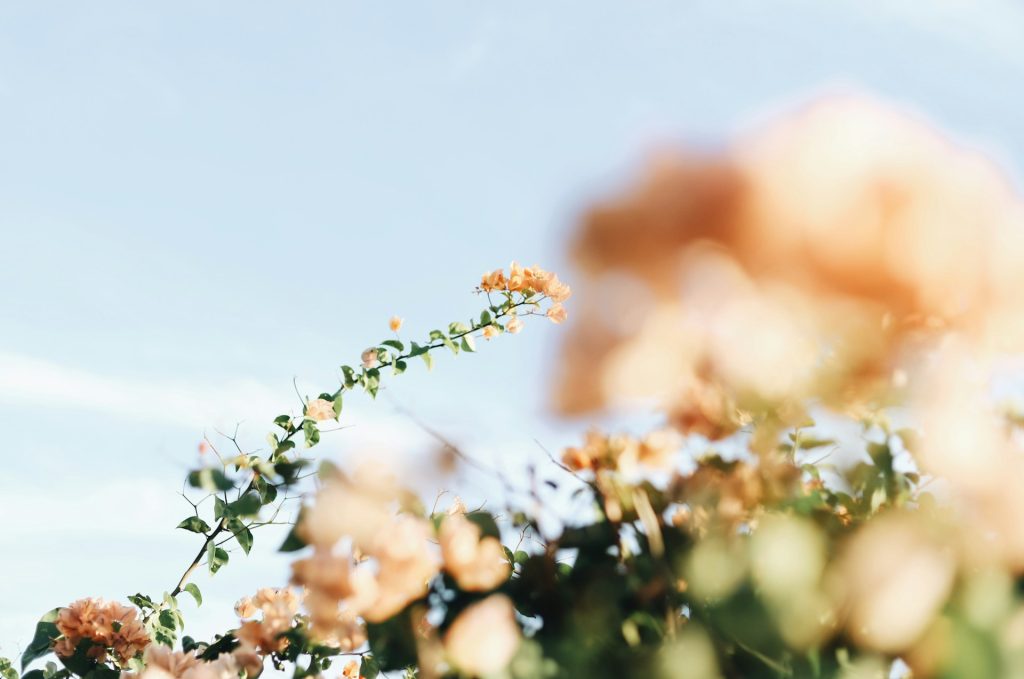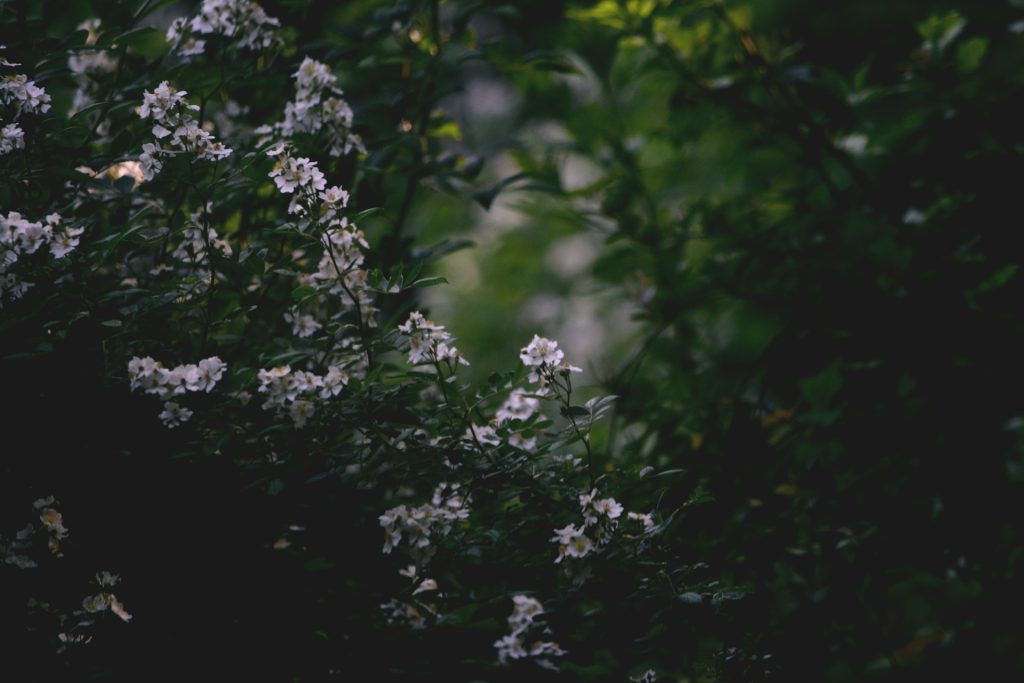A quiet morning moment
It was early, maybe 5.30 AM. The city was still half-asleep. I sat near the window, holding a warm cup of tea, watching sunlight slowly climb the buildings across the street. For a few minutes, there was no noise, no rush, no notifications, just stillness.
In that moment, something shifted inside me. I whispered a quiet “thank you,” not for anything big, but for this simple morning, for breath, for being here. That was one of the first mornings I truly felt gratitude, not just said it.
At first, it was just a small daily ritual. But over time, gratitude became something deeper, a lens that changed how I see my entire life.
1. Gratitude began with noticing
When I first started practicing gratitude, I thought it had to be dramatic, like thanking the universe for major life milestones or achievements. But I soon realized that real gratitude is found in the tiny details.
It’s the first sip of coffee that warms you awake.
It’s a friend checking in when you didn’t ask for it.
It’s the smell of rain on concrete after a long day.
Once I started noticing those things, life felt fuller. I didn’t have to wait for something “good” to happen to feel thankful. Gratitude wasn’t something I earned, it was something I could choose in any moment.
Try this: Before bed tonight, name three small things that brought you comfort today. The smaller, the better. Over time, your mind starts to notice these moments naturally.

2. The shift from “having” to “being”
There was a time I used to measure my life in achievements, what I had, where I was headed, how much progress I’d made. But no matter what I achieved, the finish line always moved.
Gratitude slowly shifted that. It reminded me that peace doesn’t come from what I get but from who I become along the way.
I remember one night journaling after a long week at work. Instead of writing about my goals, I wrote:
“I’m grateful that I’m learning to be more patient.”
“I’m grateful that I can find calm even when things don’t go as planned.”
That practice changed me. Gratitude wasn’t just a reflection on good things; it became a mirror that showed me how I was growing.
3. Writing gratitude turned feelings into clarity
I used to keep all my gratitude in my head, a quick “thanks” during the day, a mental note when something went well. But when I started writing it down, everything became clearer.
Journaling gratitude made patterns visible. I could see what truly mattered to me, people, not possessions; time, not things.
Some days my entries were just:
-
“Grateful for a deep conversation with a friend.”
-
“Grateful for my body’s strength on today’s run.”
-
“Grateful for my parents’ laughter on our phone call.”
Other days, it was more emotional: “Grateful for the lesson that came with disappointment.”
That’s the beauty of it. Gratitude doesn’t require perfection. It allows room for joy and for pain, both held with gentleness.

4. Gratitude softened my self-talk
For years, I was my own biggest critic. No matter how much I did, I always thought I could do more. Gratitude was what helped me talk to myself differently.
When I started my triathlon training, I used to get frustrated with my body whenever I couldn’t hit a target pace or distance. But when I began thanking my body after every workout, “thank you for showing up,” “thank you for healing,” “thank you for trying,” something softened inside me.
Instead of judgment, I started meeting myself with appreciation. And that small shift built more resilience than any motivational quote ever could.
Gratitude teaches self-compassion.
When you appreciate yourself in progress, you no longer need to wait for success to feel proud.
5. Gratitude reconnected me to others
It’s easy to say “thank you” out of politeness, but true gratitude deepens relationships.
A while back, I started a habit of sending one message a week to someone I appreciate, no special reason, just to say thank you. Sometimes it was a mentor. Sometimes a colleague. Sometimes a friend who once said something kind that I never forgot.
One simple message, “You made a difference in my life,” can turn someone’s entire day around. But what I didn’t expect was how it also made me feel. The more gratitude I shared, the more connected I felt.
When we express gratitude, we remind others that they matter, and we remind ourselves that we’re not alone.
6. Gratitude and presence
Gratitude grounds you in the present moment.
When I’m feeling anxious, my mind often runs ahead, worrying about the future, replaying things that might go wrong. But gratitude brings me back.
I like to take three deep breaths and name one thing I can see, one thing I can hear, and one thing I can feel. It’s a quick reset that turns my attention to now.
Dr. Andrew Huberman, a neuroscientist at Stanford, once explained how gratitude isn’t just emotional, it actually changes brain chemistry. It increases serotonin and dopamine, the same neurotransmitters that lift your mood. So when you practice gratitude, your brain literally starts to feel better about life.
It’s both science and soul at work.
7. When gratitude feels hard
Of course, there are days when gratitude doesn’t come easily, when things fall apart, when plans fail, when you lose someone or something important. I’ve been there too.
During one particularly difficult period, I couldn’t bring myself to write any gratitude lists. Everything felt empty. But one night, I wrote just this:
“I’m grateful for my breath.”
That was enough. Gratitude doesn’t deny pain. It simply whispers, “There’s still something here to hold on to.”
Even on heavy days, gratitude can be the thread that keeps you connected to hope.
8. Living with a grateful lens
Over time, gratitude stopped being a practice. It became part of who I am.
It’s how I see things now.
I pause more often. I say “thank you” more quietly. I forgive faster. I notice beauty in places I used to overlook.
Gratitude turned my life from something to manage into something to marvel at.
And that, to me, is the real transformation, not a perfect life, but a peaceful one.
A gentle reminder
Gratitude isn’t about pretending everything is good. It’s about remembering that even in imperfection, there’s something worth cherishing.
Start small.
Write one line tonight.
Say one thank you tomorrow.
And watch how your world slowly changes.

